“When your partner goes through menopause,
different hormonal changes will affect their body,
health, energy levels and mood”.1
Umbrella
What may the Menopause Relationships Umbrella include?
Depending on the Source (DotS) this Umbrella may include:
- Menopause Lovers/Partners/Spouses
- Menopause Relationships
Menopause
How may menopause impact on a woman’s relationships?
In Information for Partners the (Australian) Jean Hailes for Women’s Health (JH) elaborate on:
While every woman’s experience is different, it’s a good idea to learn about menopause and related symptoms so you can support them through this time”.2
Physical Symptoms
What are some physical symptoms of menopause?
In Symptoms of Menopause: Physical and Emotional Symptoms — Physical Symptoms the JH explain:
- Irregular periods
- Hot flushes
- Night sweats
- Sleep problems
- Sore breasts
- Itchy, crawly or dry skin
- Exhaustion and fatigue
- Dry vagina
- Loss of sex drive (libido)
- Headaches or migraines
- More pronounced premenstrual tension (PMS)
- Aches and pains
- Bloating
- Urinary problems
- Weight gain due to a slower metabolism”.3
Emotional Symptoms
What are some emotional symptoms of menopause?
In Symptoms of Menopause: Physical and Emotional Symptoms — Psychological and Emotional Symptoms the JH explain:
- Feeling irritable or frustrated
- Feeling anxious
- Difficulty concentrating
- Brain fog
- Forgetfulness
- Lowered mood
- Mood swings
- Feeling you can’t cope as well as you used to”.4
Sex
Is there an association between sex and menopause relationships?
In Information for Partners: Sex and Menopause the JH elaborate on:
“It’s common for women to have lower sex drive (libido) during menopause. This could be due to many things, including changing hormone levels, vaginal atrophy, vaginal dryness (which can cause discomfort during sex) and lowered mood and fatigue”.5
Tips for Couples and Partners
What are some tips for couples and partners?
In Navigating Menopause Together: How Partners Can Help — Tips for Couples and Partners the JH explain:
- Learn together…
- Negotiate sex…
- Maintain connection…
- Wait for calm….
- Practise self-care”.6
In Information for Partners: Tips To Support Your Partner the JH also elaborate on:
 “There are many things you can do to help your partner through the different stages of menopause.
“There are many things you can do to help your partner through the different stages of menopause.
For example:
- Listen and be supportive
- Understand that some (not all) mood changes may be due to menopause
- Allow your partner to express their feelings, even if you don’t understand them
- Ask your partner to help you understand their symptoms
- Encourage your partner to talk about what they need and when they need it
- Keep an open mind about why your partner may be acting differently
- Support your partner to make healthy choices, like eating healthy food and reducing alcohol consumption (which can affect menopausal symptoms)
- Be patient when it comes to sex – and find other ways to be intimate
- Go with your partner to medical appointments or counselling (if required)”.7
Health Care Provider
What if I would like help with my relationship?
If you would like help with your relationship, it may be in your best interest to choose to talk to your health care provider about this. Together you can decide on who may be the best health care provider to help you.
Health Topics A-Z
Where may I find Health Topics A-Z related to Menopause Relationships?
In Health Topics A-Z you may find:
Links
Where may I find Links related to Menopause Relationships?
Your Country may have Links similar to:
Links
This Links List to third party websites is neither comprehensive nor exhaustive. Inclusion on this Links List does not imply endorsement or recommendation. Non-inclusion on this Links List does not imply non-endorsement or non-recommendation. Third party websites are not under the control of Meno Martha International Menopause Directory. Third party websites may contain explicit medical images and/or sexual references. Please read Meno Martha International Menopause Directory’s Links Policy before proceeding to a Link. Please contact Webmaster if you experience a problem with a Link.New or Updated
- Later Years (Around 50 Years and Over): Menopause and Post Menopause Health – Supporting Someone Through the Menopause [+ Video: Men Don’t Need To Know About Menopause] [Other Languages and Formats] [26 March 2025]
- Menopause and Relationships | Dr Louise Newson [March 2024]
- Navigating Menopause Together: How Partners Can Help [17 January 2024]
- The Impact of the Menopause [October 2024]
- Webinars: Previous – The Burn, the Itch, the Pain, the Urge: GSM In Women [15 April 2025]
- When Does Perimenopause Start and How Do You Define the Beginning [27 November 2024]
- 10 Tips for Couples Navigating Menopause
- A Guide To Birth Control In Your 40s and 50s
- ACOG Explains: Managing Menopause Symptoms [American College of Obstetricians and Gynecologists]
- Askearlymenopause.org [Ask EM] [+ Video: What Is Early Menopause?]
- BMS Statement on Testosterone
- BMS TV: Menopause Explained
- Consumer Video and Podcast Series: 2024 Consumer Videos and Podcasts – Preparing for Your Menopause Healthcare Visit
- Contraception
- Contraception and the Menopause
- Don’t Let the ‘Seven-Year Itch’ Sabotage Your Relationship
- Experts Answer Your Menopause Questions In New Video
- Find A Menopause Practitioner [United States and Other]
- Find An AMS Member [Australasian Menopause Society i.e. Australia and New Zealand]
- Find Your Nearest BMS Menopause Specialist [British Menopause Society]
- First Symptoms of Menopause
- Genitourinary Syndrome of Menopause
- Genitourinary Syndrome of Menopause [Video]
- HRT Questions Answered
- Healthy Relationships
- Hot Flashes
- How To Talk To Your Doctor About Menopause
- How To Talk To Your Doctor About Midlife Brain Fog
- How To Talk To Your Doctor About Painful Sex
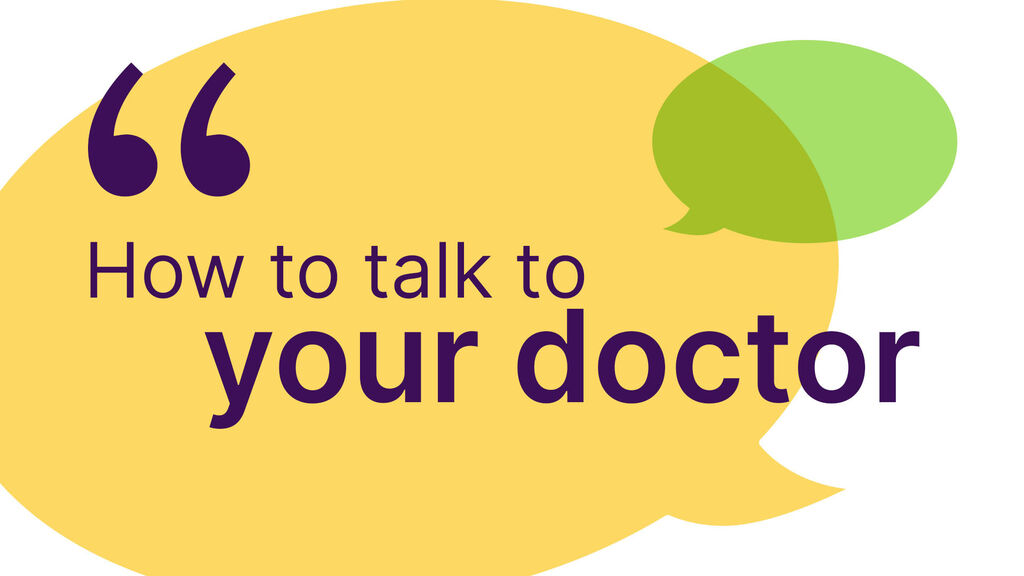
- Information for Partners
- International Society for the Study of Women’s Sexual Health: Find A Provider
- Is It Too Late To Start HRT?
- Later Years (Around 50 Years and Over): Menopause and Post Menopause Health – Menopause [+ Video: Menopause] [Other Languages and Formats]
- Later Years (Around 50 Years and Over): Menopause and Post Menopause Health – Sexual Wellbeing, Intimacy and Menopause [+ Video: Menopause Is the End of Your Sex Life] [Other Languages and Formats]
- Later Years (Around 50 Years and Over): Menopause and Post Menopause Health – Supporting Someone Through the Menopause [+ Video: Men Don’t Need To Know About Menopause] [Other Languages and Formats]
- Let’s Talk About Perimenopause
- Let’s Talk Low Libido
- Loss of Libido
- Low Sex Drive In Women
- Managing Menopause Symptoms [+ Video Courtesy: Mayo Clinic News Network]
- Mayo Clinic Q and A: Perimenopause Transitions and Concerns
- Menopause
- Menopause
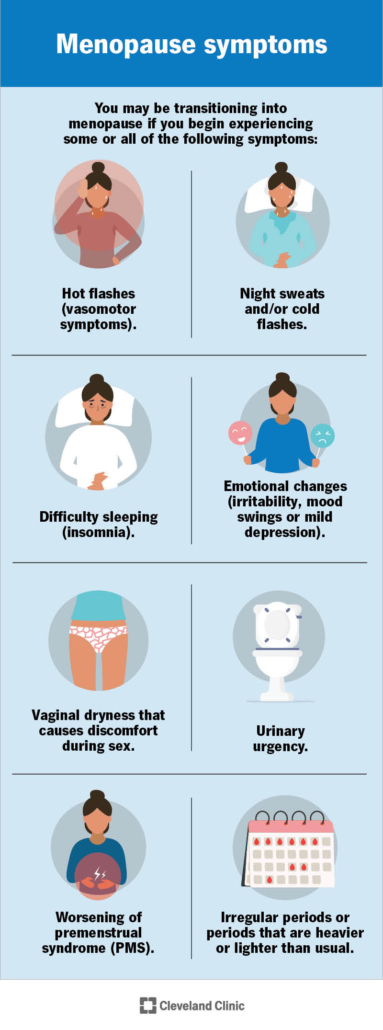
- Menopause
- Menopause
- Menopause
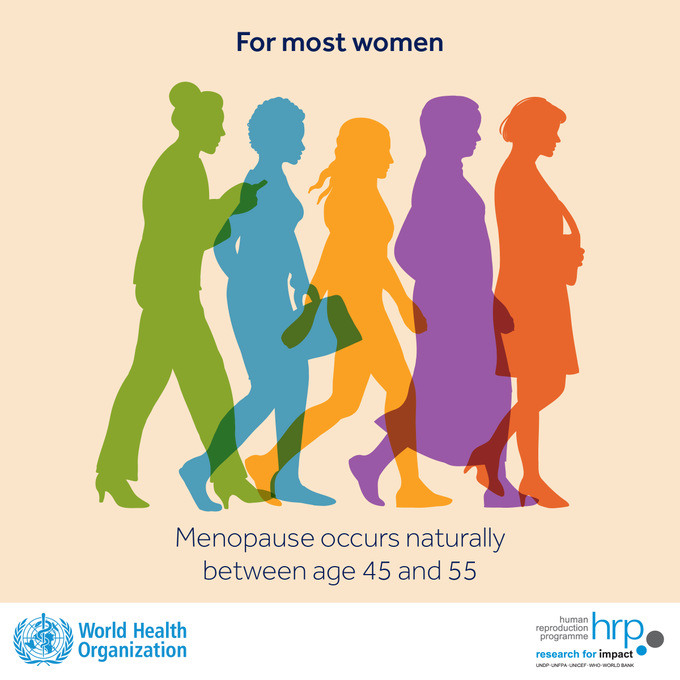
- Menopause Checklist Podcast
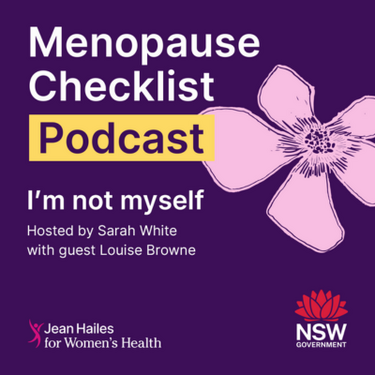
- Menopause Comics: Language Choice
- Menopause Map: Downloadable Resources – My Personal Path Print Tools: Questions for Your Health Care Provider
- Menopause Ruining Your Sex Life?
- Menopause Talk: Vaginal Estrogen: The Under-Prescribed Gold Standard for Sexual & Urinary Health
- Menopause What Are the Symptoms?
- Menopause and Mental Health
- Menopause and Relationships | Dr Louise Newson
- Menopause – Multilingual Facts Sheet
- Menopause: Download Menopause Fact Sheet In Other Languages [Food and Drug Administration Office of Women’s Health, United States]
- Menopause: Ensuring A Tranquil Transition
- Menopause: Things You Can Do
- Menopause: Understanding the Changes and Finding Relief | Dr Susan Davis | The Proof Podcast EP 256
- Menopause: Your Choice of Language
- Mood and the Menopause
- Navigating Menopause Together: How Partners Can Help
- Navigating Menopause: Expert Insights and Solutions | Dr Susan Davis | The Proof Podcast EP 245
- Navigating Menopause: Honest Answers To All Your Questions [+ Video: What To Expect in Menopause]
- Night Sweats
- PMD Awareness Month [April 2025]
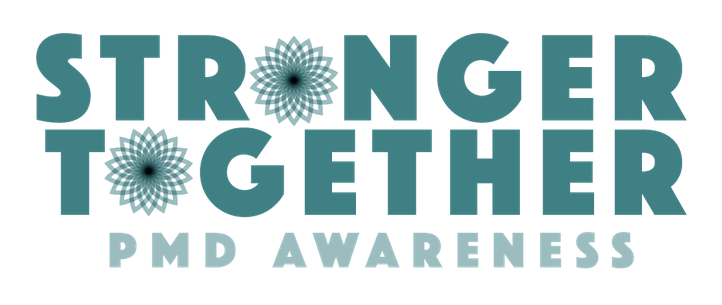
- PMS and PMDD | Dr Louise Newson
- Pain Down There? 9 Reasons Your Vagina Hurts
- Painful Vaginal Sex (Dyspareunia)
- Perimenopause
- Perimenopause
- Perimenopause and Menopause Checklist: Translated Checklists
- Perimenopause and Menopause Symptom Checklist

- Postmenopause
- Professional Video and Podcast Series: 2025 Professional Videos and Podcasts – Hypoactive Sexual Desire Disorder HSDD—Open the Door To Discussion [20 March 2024]
- Prosayla Supported By ISSWSH [International Society for the Study of Women’s Sexual Health]
- Questions To Ask Your GP About Menopause
- Relate.org.uk [Relate The Relationship People]
- Relationships.org.au [Relationships Australia]
- STI Awareness Week [13-19 April 2025, United States]
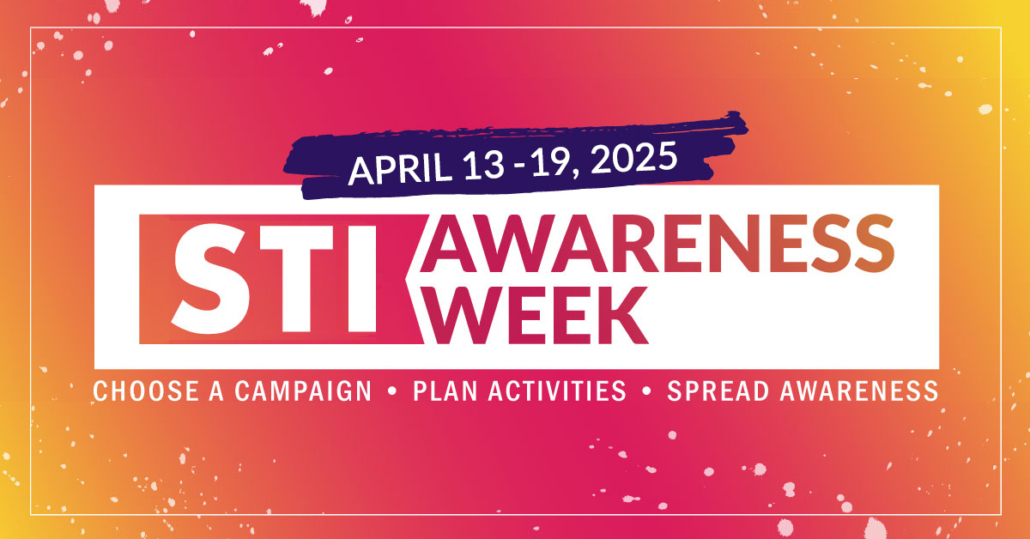
- Safer Sex and Sexually Transmitted Infections (STIs)
- Sex and Sexual Health
- Sexual Health: Sexual Health for Lesbian and Bisexual Women
- Stages of Menopause
- Surprising Menopause Symptoms Q&A | Dr Louise Newson
- Surprising Menopause Symptoms Revisited | Dr Louise Newson
- Supporting A Loved One Through Menopause
- Symptoms of Menopause
- The Menopause
- The Menopause Society Statement on Misinformation Surrounding Hormone Therapy
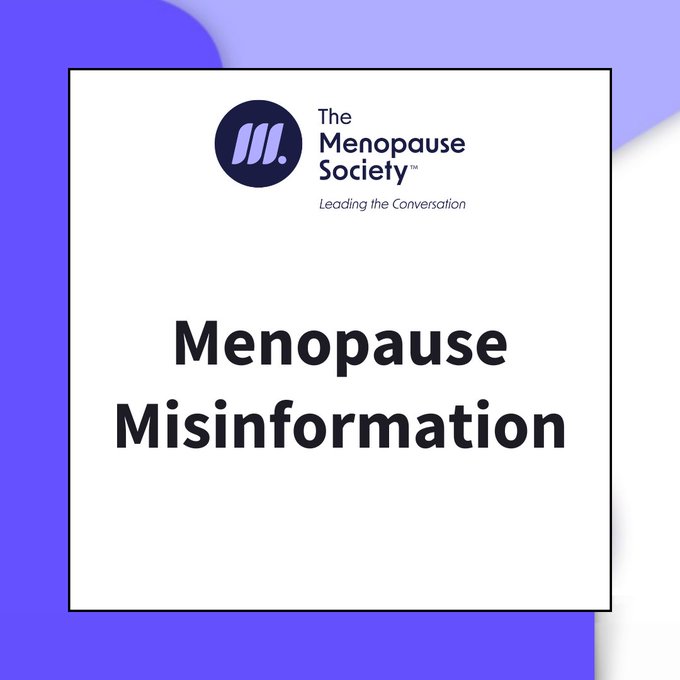
- Therapy for the Effects of Menopause [Video]
- Translated Fact Sheets
- Vaginal Dryness
- Videos & Podcasts: Videos – Menopause and Hormone Therapy: Current Perspectives and Controversies
- Webinars: Previous – Menopausal Migraines
- Webinars: Previous – The Burn, the Itch, the Pain, the Urge: GSM In Women
- Webinars: Previous – The Perimenopause Journey: An Adaptive Reproductive Phase
- What Can Affect Your Sex Life?
- What Happens If A Woman Takes Viagra?
- What Is Menopause?
- What Is Menopause? [+ Video]
- What Is the Menopause?
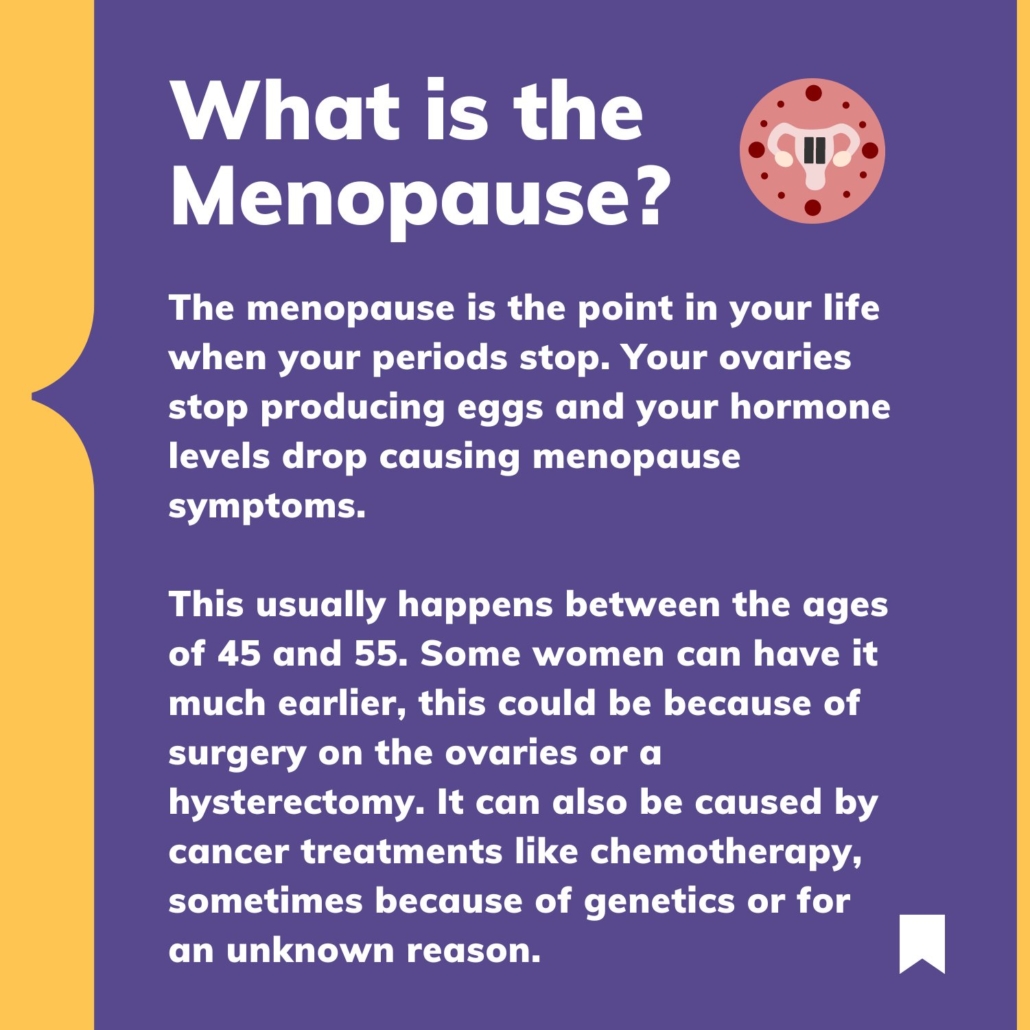
- What To Expect In Each Stage of Menopause
- What Types of Vaginal Oestrogens Are There?
- When Sex Hurts – Podcast [Vaginismus and Vulvodynia]
- Which Vaginal Moisturiser Should You Use?
Sources
Where may I find the Sources quoted?
You may find the Sources quoted at:
Sources
- Information for Partners. Last Updated: 07 December 2023 | Last Reviewed: 19 August 2022. Jean Hailes for Women’s Health https://www.jeanhailes.org.au/health-a-z/menopause/information-for-partners Accessed: 18 April 2025
- Information for Partners. Last Updated: 07 December 2023 | Last Reviewed: 19 August 2022. Jean Hailes for Women’s Health https://www.jeanhailes.org.au/health-a-z/menopause/information-for-partners Accessed: 18 April 2025
- Symptoms of Menopause: Physical and Emotional Symptoms — Physical Symptoms. Last Updated: 08 April 2025 | Last Reviewed: 19 August 2022. Jean Hailes for Women’s Health https://www.jeanhailes.org.au/health-a-z/menopause/menopause-symptoms#physical-and-emotional-symptoms Accessed: 18 April 2025
- Symptoms of Menopause: Physical and Emotional Symptoms — Psychological and Emotional Symptoms. Last Updated: 08 April 2025 | Last Reviewed: 19 August 2022. Jean Hailes for Women’s Health https://www.jeanhailes.org.au/health-a-z/menopause/menopause-symptoms#physical-and-emotional-symptoms Accessed: 18 April 2025
- Information for Partners: Sex and Menopause. Last Updated: 07 December 2023 | Last Reviewed: 19 August 2022. Jean Hailes for Women’s Health https://www.jeanhailes.org.au/health-a-z/menopause/information-for-partners Accessed: 18 April 2025
- Navigating Menopause Together: How Partners Can Help — Tips for Couples and Partners. Last Updated: 17 January 2024 | Last Reviewed: 10 October 2022. Jean Hailes for Women’s Health https://www.jeanhailes.org.au/news/navigating-menopause-together-how-partners-can-help Accessed: 18 April 2025
- Information for Partners: Relationships. Last Updated: 07 December 2023 | Last Reviewed: 19 August 2022. Jean Hailes for Women’s Health https://jeanhailes.org.au/health-a-z/menopause/information-for-partners Accessed: 18 April 2025








